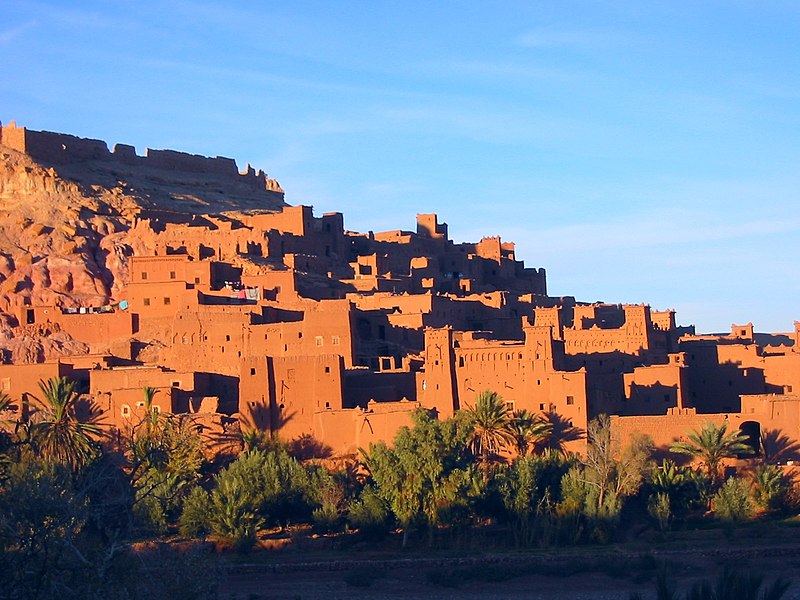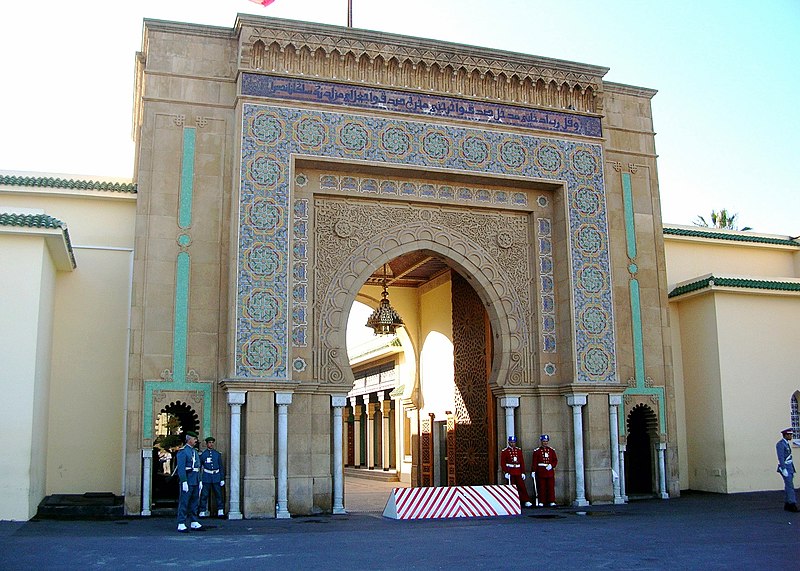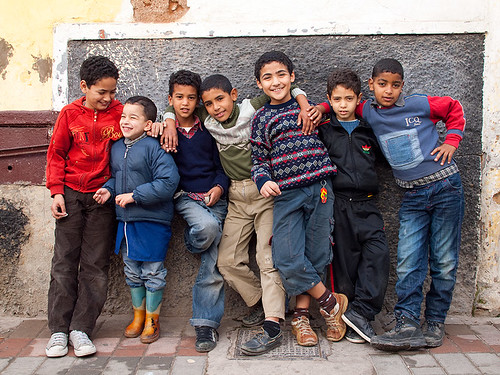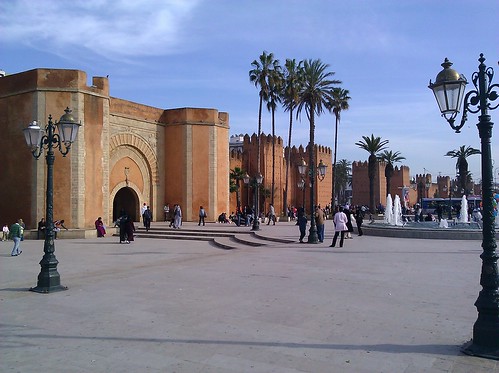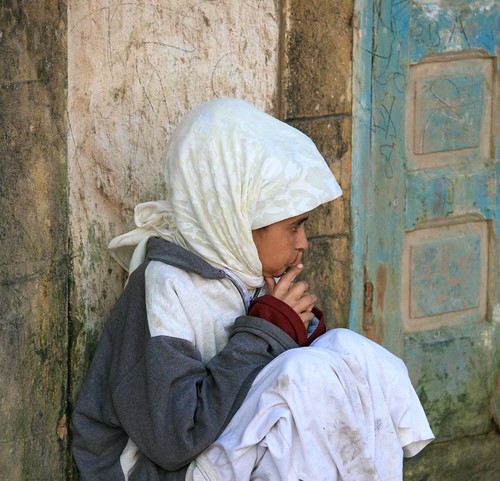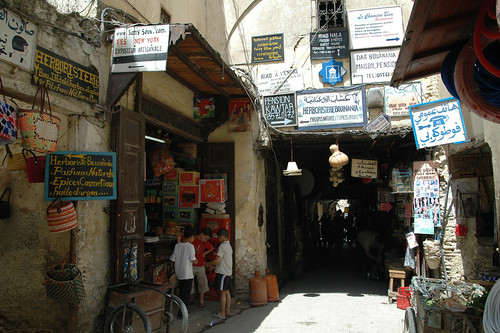Adopting from Morocco
Contents
Morocco Adoption Alert
Notice: Ministry of Justice Provides Prosecutors New Instructions on Kafala Guardianship Decrees (November 6, 2012)
On September 21, 2012, Justice Minister El Mostapha Ramid published a notice instructing Moroccan Prosecutors to formally oppose a petition filed with a juvenile judge seeking the granting of Kafala guardianship decrees to prospective adoptive foreign parents who are not resident in Morocco. In his notice, he asks the Prosecutors to emphasize the importance of in-country residency for the Kafala guardianship with the court judges, verify whether the prospective adoptive parents reside in Morocco, and request that judges not issue Kafala orders to foreign prospective adoptive parents (PAPs) who are not residing in Morocco. The notice states that it is difficult for the courts to ensure that conditions of the Kafala guardianship are met when the child is taken abroad by foreign parents and notes it needs to be possible for courts to cancel the guardianship in cases of failure to comply. The Minister’s notice appears to indicate that Kafala guardianship should only be granted to Muslim families who are long-term residents in Morocco.
The notice states that its purpose is to ensure the implementation of the existing law. It does not contain any provisions addressing already pending Kafala guardianship petitions. At this time, it is unclear whether prosecutors will formally oppose petitions for Kafala guardianship decrees filed by U.S. citizens which were already pending with the Court at the time the notice was issued.
U.S. citizens wishing to obtain Kafala guardianship of Moroccan children should be aware that the Prosecutors are now obligated to confirm the prospective parents’ Moroccan residency and the courts are requested to deny Kafala orders to foreign PAPs who do not reside in Morocco. Please continue to monitor adoption.state.gov for updated information.
Notice: Ministry of Justice Plans to Review Kafala Laws and Procedures (August 8, 2012)
On July 25, the Moroccan newspaper Akhbar al-Youm (Today's News) published a story on Justice Minister Mostafa Rahmid's views on the granting of kafala (guardianship) to non-Muslim, non-resident foreigners. The article quotes Minister Rahmid as saying that he has decided to "stop granting guardianship of Moroccan children to foreign families", insisting that "guardianship of abandoned children is for Muslims, and foreign Muslims residing in Morocco." The Minister subsequently stated that kafala guardianship would only be considered for those foreign families who are long-term residents in Morocco.
The status of pending kafala petitions by U.S. citizens is unclear.
U.S. citizens wishing to obtain kafala of Moroccan children should be aware that is unclear at this time whether the courts will accept new kafala petitions.
Please continue to monitor adoption.state.gov for updated information.
Hague Convention Information
Morocco is not party to the Hague Convention on Protection of Children and Co-operation in Respect of Intercountry Adoption (Hague Adoption Convention). Intercountry adoptions of children from non-Hague countries are processed in accordance with 8 Code of Federal Regulations, Section 204.3 as it relates to orphans as defined under the Immigration and Nationality Act, Section 101(b)(1)(F).
IMPORTANT NOTICE FOR ADOPTIVE PARENTS: Although this website uses the term "adoption" throughout, prospective adoptive parents considering adopting a Moroccan child should be aware that Moroccan law and process provide for a custody/guardianship certificate issued for the purpose of the child’s immigration and adoption. In Morocco, this guardianship is referred to as "Kafala" and is awarded by a Moroccan court. Under these circumstances, an eligible child will be issued a category IR-4 immigrant visa, and will need to fulfill certain requirements, including the child’s adoption after arrival in the United States, before the child may acquire U.S. citizenship under the Child Citizenship Act of 2000
U.S. IMMIGRATION REQUIREMENTS FOR INTERCOUNTRY ADOPTIONS
To bring a guardian child to the United States for adoption from Morocco, you must meet eligibility and suitability requirements. The U.S. Department of Homeland Security, U.S. Citizenship and Immigration Services (USCIS) determines who can adopt under U.S. immigration law.
Additionally, a child must meet the definition of orphan under U.S. immigration law in order to be eligible to immigrate to the United States on an IR-4 immigrant visa.
Who Can Adopt
Residency
Although residency is not a legal requirement under the Kafala law (an argument some courts used in approving Kafalas), a 2012 Ministry of Justice circular ordered prosecutors to request evidence of residency when processing guardianship requests. Evidence of residency may be required at any stage of the Kafala proceedings, and may differ from city to city and court to court. For example, a prosecutor may require it before sending the case to court, or a court may seek proof before considering the case. It is recommended that prospective adoptive parents consult with an attorney in Morocco about residency requirements.
Age of Adopting Parents
Prospective adoptive parents must be at least 25 years of age.
Marriage
Prospective adoptive parents must either be a single female or a married couple. Morocco does not recognize same sex marriages or domestic partnerships.
Income
The Government of Morocco requires that people seeking legal guardianship of Moroccan children be employed.
Other
Prospective adoptive parents of Moroccan children must be Muslim. Prospective adoptive parents must have a letter from a doctor practicing in Morocco indicating that they are in good mental and physical heath and capable of caring for an adopted child.
Who Can Be Adopted
In addition to U.S. immigration requirements, Morocco has specific requirements that a child must meet in order to be eligible for Kafala guardianship:
Relinquishment: Yes, but only by unwed mothers.
Abandonment: Yes.
Age of Adoptive Child: 0 to 16 years.
Sibling Adoptions: Allowed, but not required.
Special Needs or Medical Conditions: Qualifying prospective adoptive parents may obtain guardianship of children with special needs.
Waiting Period or Foster Care: Not imposed by law, but in practical terms, a child is not available for Kafala guardianship until a court of competent jurisdiction declares the child abandoned, which may take up to several months.
Caution: Prospective adoptive parents should be aware that not all children in orphanages or children’s homes are adoptable. In many countries, birth parents place their child(ren) temporarily in an orphanage or children’s home due to financial or other hardship, intending that the child return home when this becomes possible. In such cases, the birth parent(s) have rarely relinquished their parental rights or consented to their child(ren)’s adoption.
How to Adopt
Adoption Authority
The Process
Traveling Abroad
Applying for Your U.S. Passport
A valid U.S. passport is required to enter and leave Morocco. Only the U.S. Department of State has the authority to grant, issue, or verify U.S. passports. Getting or renewing a passport is easy. The Passport Application Wizard will help you determine which passport form you need, help you to complete the form online, estimate your payment, and generate the form for you to print-all in one place.
Obtaining Your Visa
In addition to a U.S. passport, you also need to obtain a visa. A visa is an official document issued by a foreign country that formally allows you to visit. Where required, visas are attached to your passport and allow you to enter a foreign nation. To find information about obtaining a visa for Morocco, see the Department of State's Country Specific Information.
Staying Safe on Your Trip
Before you travel, it's always a good practice to investigate the local conditions, laws, political landscape, and culture of the country. The State Department is a good place to start. The Department of State provides Country Specific Information for every country of the world about various issues, including the health conditions, crime, unusual currency or entry requirements, and any areas of instability.
Staying in Touch on Your Trip
When traveling during the adoption process, we encourage you to register your trip with the Department of State. Travel registration makes it possible to contact you if necessary. Whether there's a family emergency in the United States, or a crisis in Morocco, registration assists the U.S. Embassy or Consulate in reaching you. Registration is free and can be done online.
After Adoption
SOURCE
Intercountry Adoption, Bureau of Consular Affairs. U.S. Department of State Country Information



